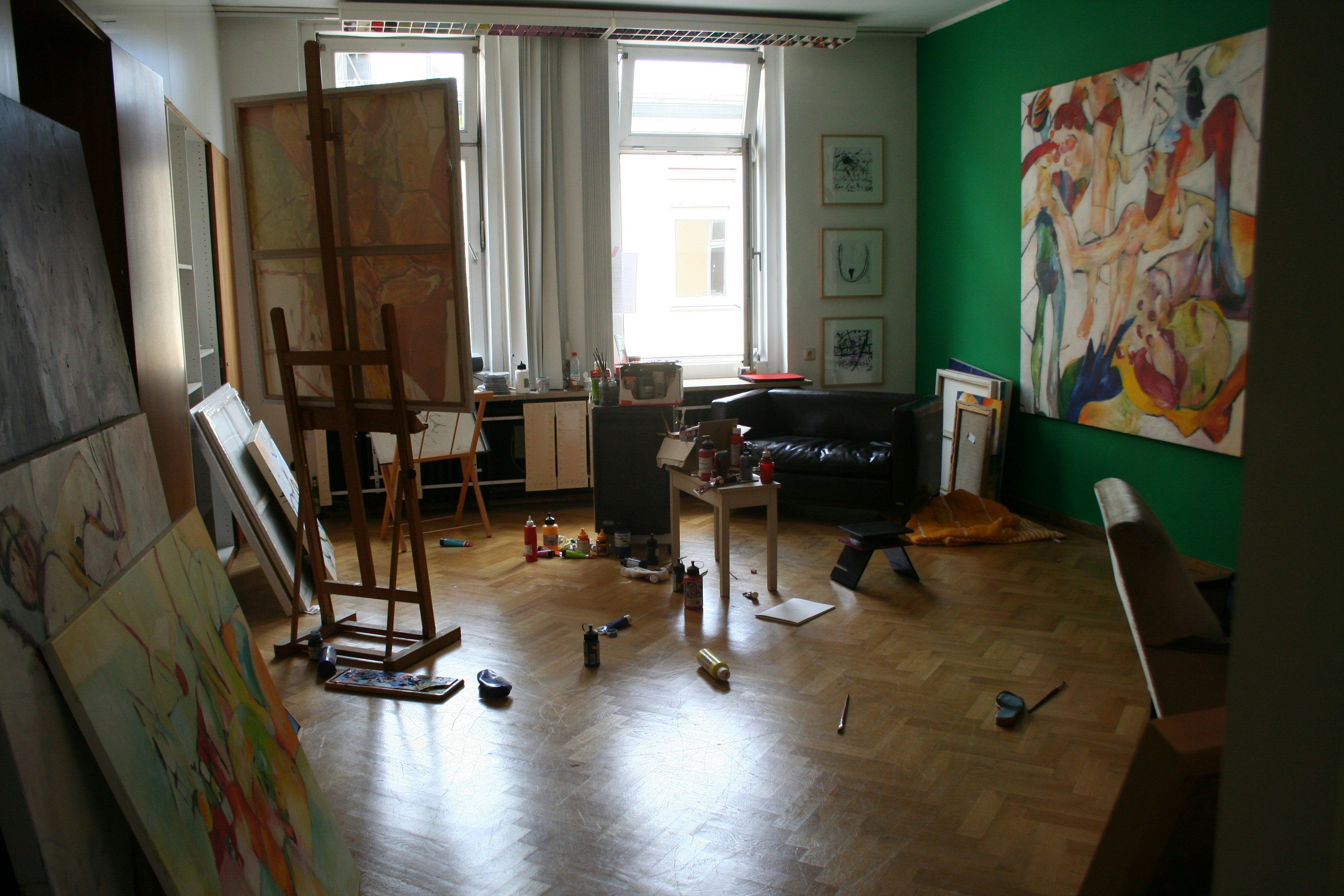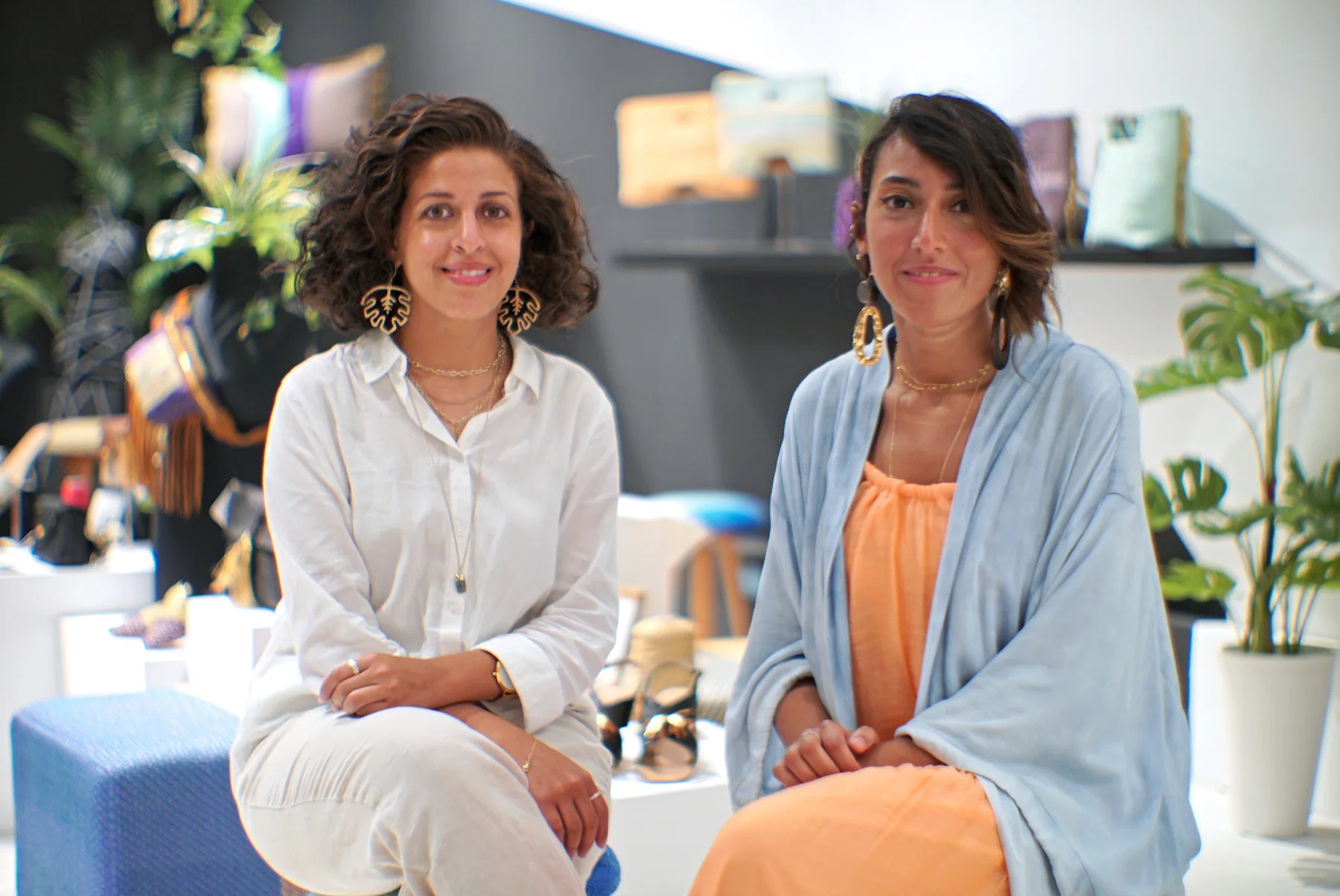For a long time, Cairo measured success in visibility.
The louder the name, the higher the seat. But quietly, a change has begun.
The city’s best minds — founders, diplomats, creatives, and heirs of legacy families — are turning inward. They are asking not how much they have built, but why they built it in the first place.
“You reach a point where the next milestone doesn’t move you,” says Amr El Nady, managing partner at a regional venture fund. “What matters then is not expansion, but expression.”
1. The Shift From Achievement to Alignment
The new generation of Cairo’s elite was raised on ambition — they built companies before thirty, owned homes before forty, and led teams before fifty.
Now, many are redefining achievement not as growth but as grace.
You hear it in their conversations — over art openings, private dinners, or weekend retreats. Success is no longer a race; it’s rhythm.
“Our parents taught us to arrive,” says Mariam El Adl, co-founder of a design studio. “Now we’re learning how to stay.”
The new Cairo class still works relentlessly, but the drive has shifted from proving to contributing.
Legacy, not leverage, is the measure.
2. The Quiet Renaissance
At the heart of this shift is purpose — a rediscovery of why.
The same people who once sponsored galas are now endowing scholarships.
The same names that once filled red carpets are now quietly funding museums, design schools, and environmental projects.
At Darb1718, an art space tucked behind Old Cairo’s narrow alleys, you might find investors and artists in the same room — one financing a residency, the other curating it. “It’s a dialogue,” says Adham Hafez, a cultural producer. “They’re not donating to art. They’re participating in it.”
3. The Rise of the Conscience Economy
Across Cairo, a new economy is emerging — one built on conscience.
Impact investing, ethical design, and cultural patronage have become the new status symbols.
At GrEEK Campus, young founders are building startups not to exit, but to endure. At Mokha Café, sustainability talks replace networking noise. At Four Fat Ladies Studio, art collectors and founders collaborate to fund creative apprenticeships.
“Purpose is the new performance,” says Nouran Osman, a brand strategist who advises family offices on cultural philanthropy. “Everyone’s learning that meaning scales better than money.”
4. The Return of Craft
Among Cairo’s elite, appreciation for craft — in all its forms — has returned as a philosophy of life.
From bespoke tailoring to artisanal coffee, hand-bound books to contemporary calligraphy, the art of slowness has become the new luxury.
In Garden City, Mona El Mansour’s private library is known among Cairo’s intellectuals for its scent — leather, paper, and quiet. She hosts monthly readings where poets, policy makers, and CEOs share texts that shaped them. “It’s not networking,” she says. “It’s nourishment.”
5. Legacy as a Living Concept
In Cairo’s upper circles, legacy once meant inheritance. Now, it means impact.
The children of industrialists are investing in clean energy startups. The heirs of construction empires are building cultural foundations.
“We don’t want to repeat what our parents did,” says Youssef El Gohary, 33, who left his family’s real estate business to start a circular design lab. “We want to build what they didn’t think was possible.”
The result is a more conscious form of leadership — less empire, more ecosystem.
6. The Human Return
Even among those still in pursuit of scale, the lens has changed.
Luxury is being redefined not as acquisition, but as awareness — of time, of people, of contribution.
At Villa 55 in Sheikh Zayed, a private home turned cultural salon, guests arrive without publicists or entourages. They leave with collaborations, friendships, or simply silence well-spent.
“We’ve built enough towers,” says Rana Ghaly, art patron and gallery owner. “Now we’re building meaning.”
7. The Cairo of Tomorrow
Cairo’s next chapter isn’t about expansion outward — it’s about depth inward.
The city’s most successful are quietly investing in humanity — in education, design, mentorship, and art.
It’s no longer about being the first, but about being useful.
No longer about the spotlight, but about the soul.
“You can’t outgrow meaning,” Amr El Nady says, smiling. “You can only return to it.”
And perhaps that’s what this new Cairo stands for — not perfection, not progress for its own sake, but the rediscovery of purpose in the midst of privilege.
Meaning, after all, was never lost. It was simply waiting for quiet enough hearts to listen.




